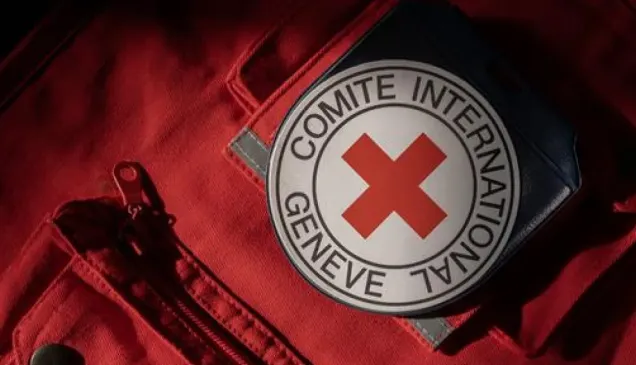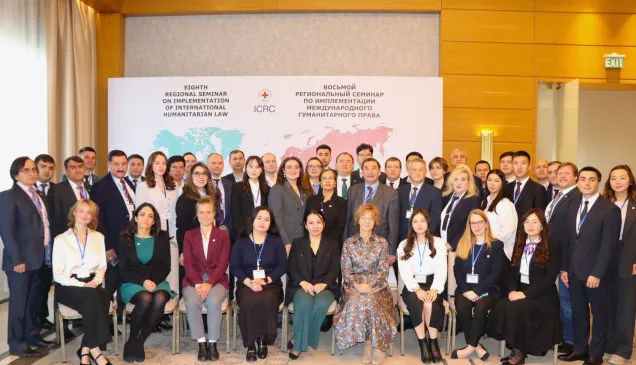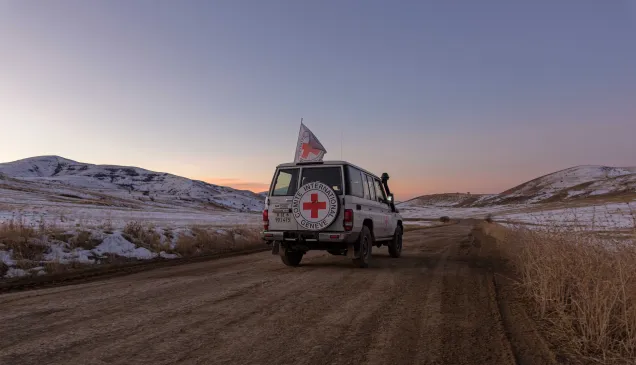Azerbaijan: A boy’s journey from a camp in Iraq to social reintegration
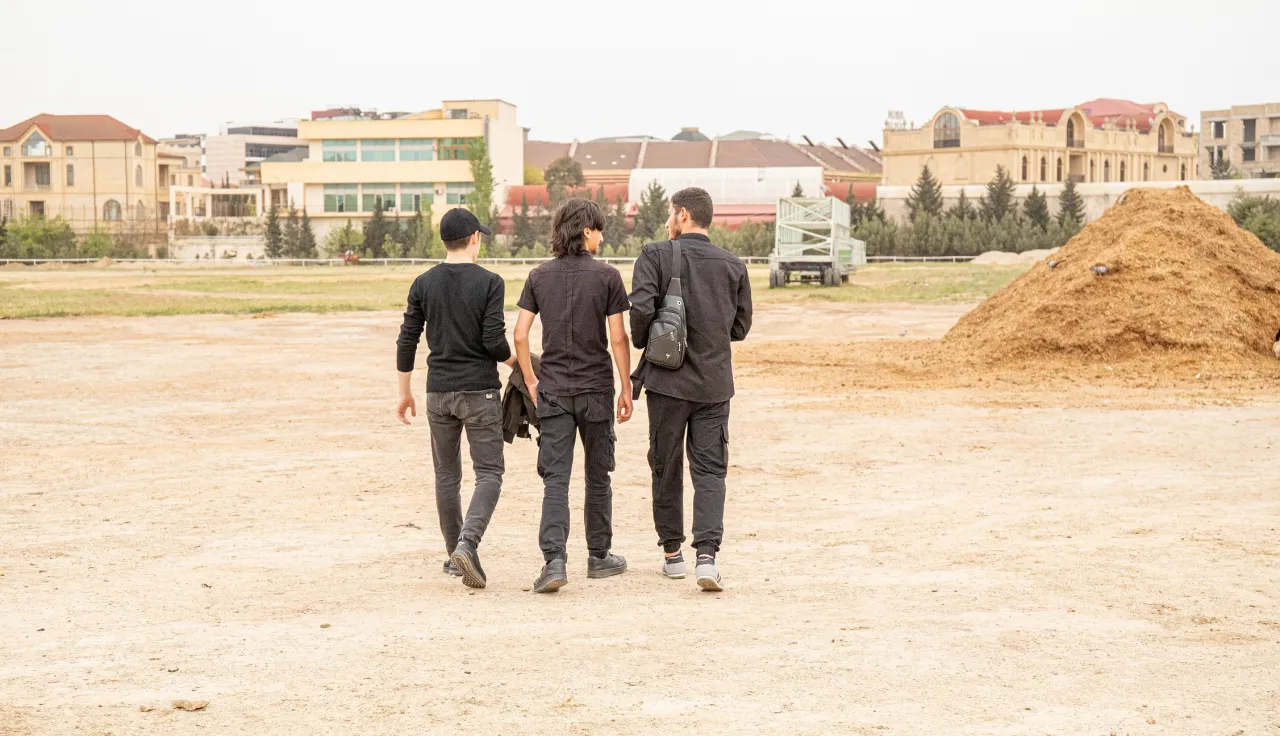
Thousands of children from different countries continue to be stranded in camps in Syria and Iraq in very harsh conditions. Meanwhile, some others have made their way back home and are trying to overcome the trauma of exposure to violence and life in a war zone.
Murad* is one of them. His journey has been full of challenges and distress, yet he hopes for a new start as he joins college in Baku, Azerbaijan.
When Murad was eight years old, his family moved from Azerbaijan to Iraq. A few years later, his father and a brother died in the conflict. Around the same time, Murad was also separated from his mother and younger sibling and was detained for two-and-a-half years.
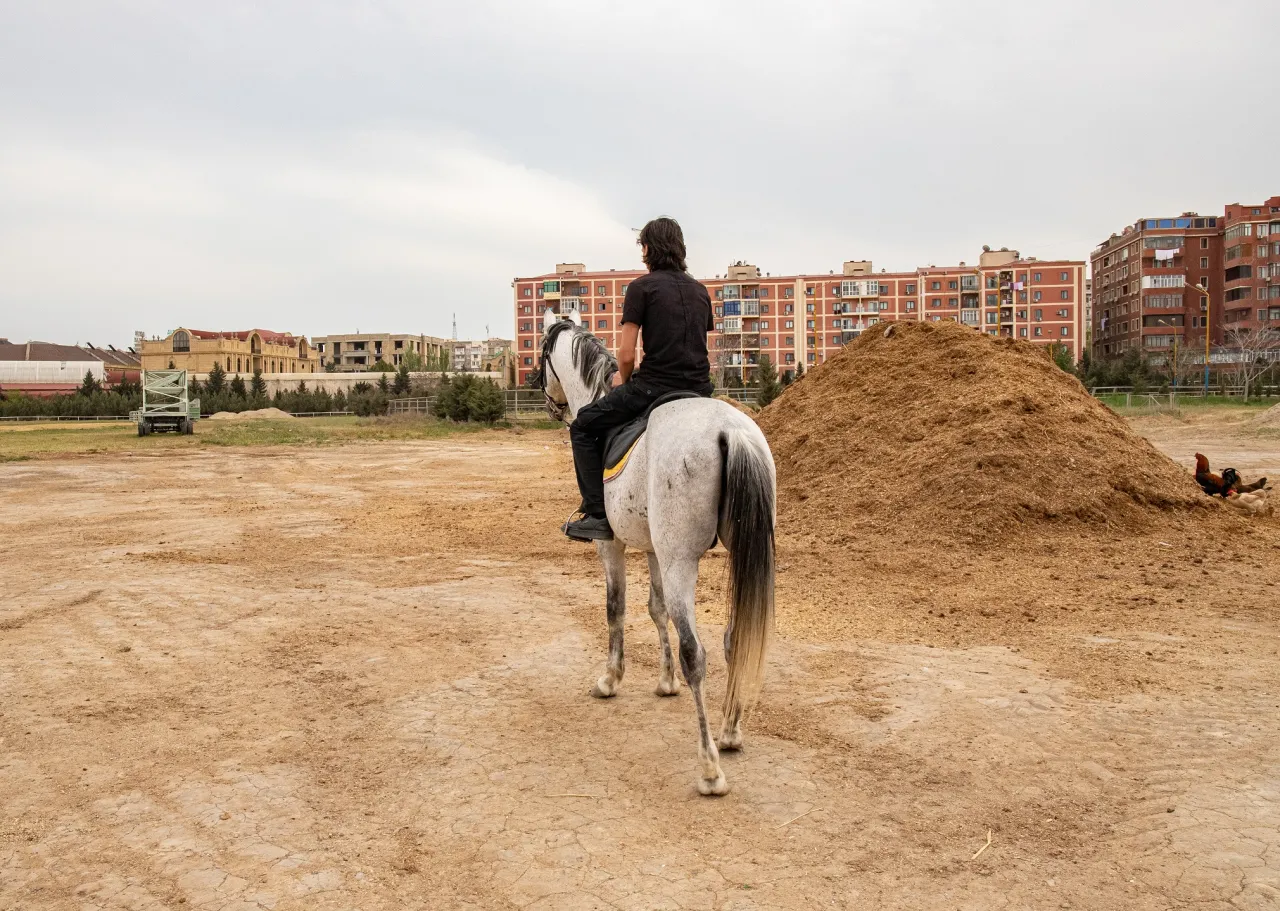
At the age of 13, he was able to return to Azerbaijan in line with the government's constructive approach and principled decision to repatriate and reintegrate its citizens. Murad was then reunited with his grandmother and other relatives in his native village and started attending school with the help of the local community.
Through a multidisciplinary approach adopted by the government with the involvement of various state bodies, international and local organizations, the International Committee of the Red Cross (ICRC) ensured the provision of quality psychological support to Murad and his family to help smoothen the rehabilitation process.
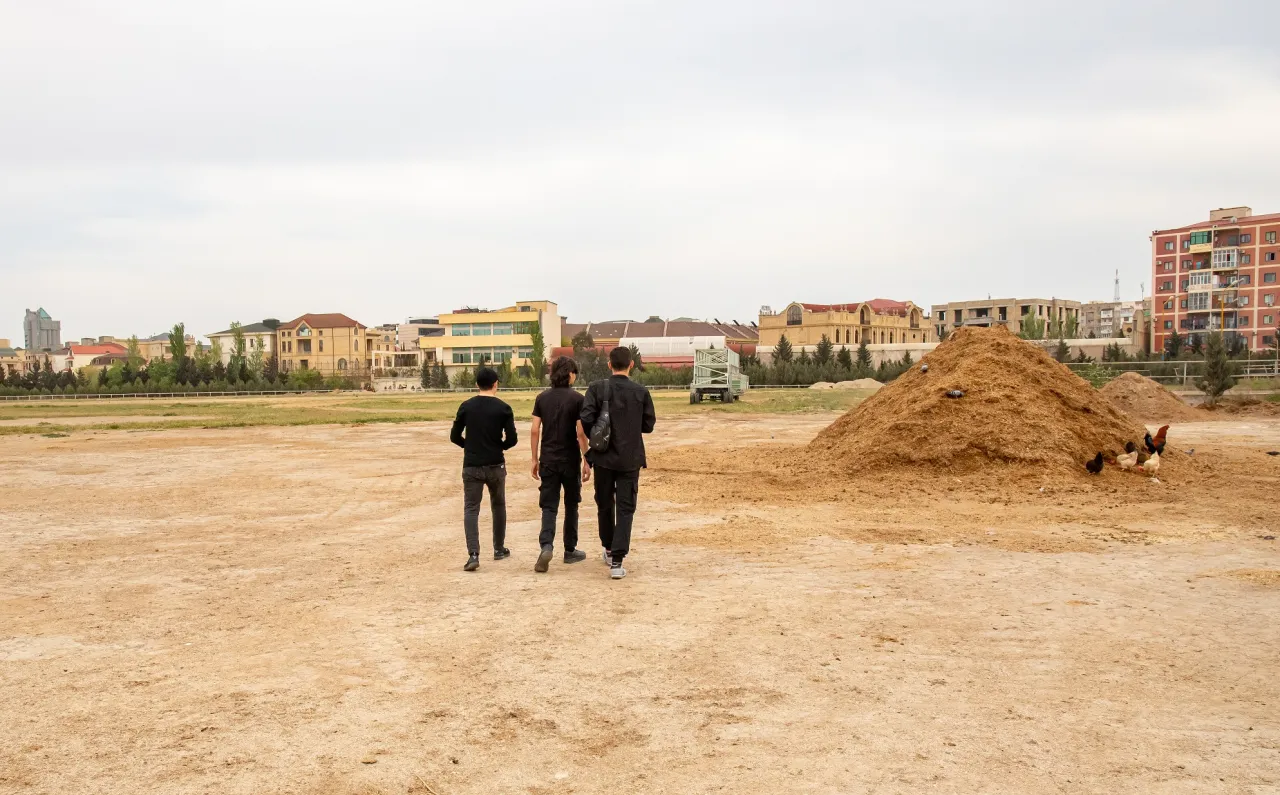
But Murad battled the trauma of the deaths of his father and brother and separation from his mother and surviving sibling. Blaming himself for his brother's death, Murad said, "Every time I think of him, I feel that he deserved to live, not me." He added that being away from his mother created a void in him.
"I didn't feel that I belonged here because my family is incomplete. My mother is still in Iraq," he shared. The only way he can communicate with his mother is through the services provided by the ICRC .
Showing symptoms of complex, intense suffering , Murad turned aggressive towards his family members, isolated himself and went into depression. He stopped communicating with people and would stay in bed all day, playing videogames, not leaving the room even to eat food.
"Murad was very attached to his father and the loss caused deep sorrow. He gets disconnected from his own thoughts and looks as if while his body was here, his mind was else where every time we talked about his father," said his psychologist.

While his family tried for many months to draw him out of his shell, he grew more aggressive towards them, and the environment at home became increasingly tense. "I regret it, but I feel I cannot love him anymore. We were afraid of him and didn't know what to expect," confessed his aunt in tears.
As many other families of repatriated children, his relatives had troubles coping with his suffering. But, with proper psychological support, a lot of families begin to overcome those feelings.
Considering the tension and struggles that both Murad and his family were experiencing, ICRC-supported psychologists convinced him to move to another relative's house in Baku for a change of scene. When he moved to Baku, he grew a desire to get educated and become like his father, who was a college graduate.
He tried hard with the guidance of local authorities working under the MoE and the State Committee for Family, Women and Children Affairs he was and was finally accepted into college. This boosted his morale and motivated him to continue rebuilding his life in Baku.
While his experience of living in a war zone will stay with him forever, Murad is now slowly moving on. As many other repatriated children, Murad will still need psychological support in order to overcome his feelings and struggles. He is adapting to the new environment, and also making new friends.
In Azerbaijan, and in some other countries across the world, the ICRC has been working in partnership with local authorities to provide training and helping teachers, family members, psychologists and therapists supporting children who were repatriated from Syria and Iraq and creating a safe environment for them.
This story shows that, with proper support and recognition of needs any child has a chance to feel better in their day to day life. The ICRC also continues to offer them support in maintaining contact with family members who remain in camps or detention facilities in those countries.
(*Name changed to protect identity.)

